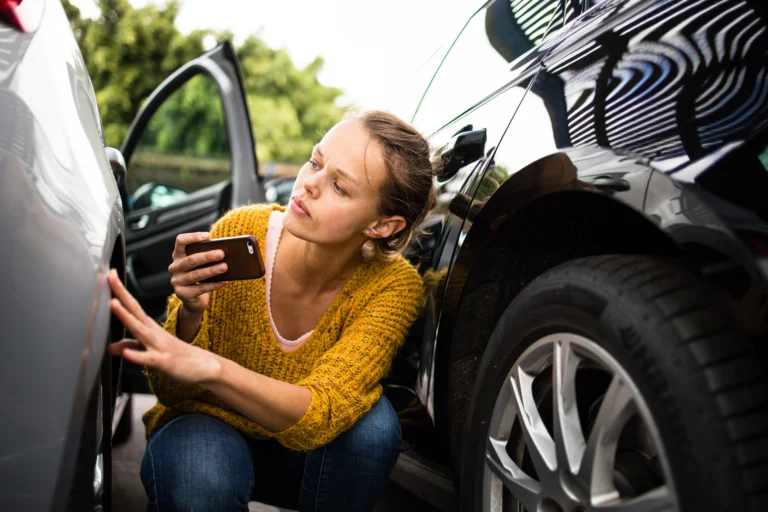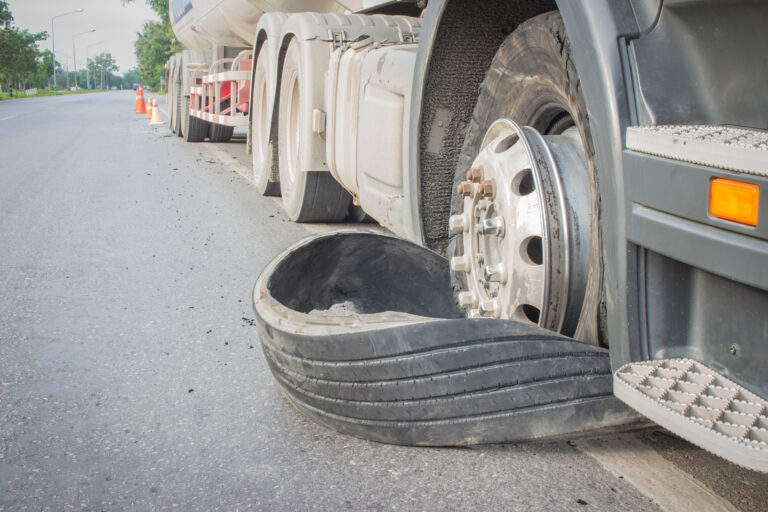Serious car accidents and injuries caused by drunk driving in Virginia are always preventable. If motorists simply did not get behind the wheel of a vehicle after consuming too much alcohol to safely operate a car or truck, these dangerous collisions would not occur. However, drivers do cause drunk driving accidents more often than you might think. In the last 30 days alone, about 1.4 percent of drivers in Virginia admit to driving after having too much to drink, according to the U.S. Centers for Disease Control and Prevention (CDC). If you were injured in a collision caused by a drunk driver, or if you lost a loved one because of an intoxicated driver, it is important to speak with a car accident attorney to learn about your options for seeking financial compensation. We want to give you more information about your potential avenues for compensation under Virginia law.
File an Auto Insurance Claim After a Drunk Driving Crash
After a crash caused by a drunk driver, you can seek initial compensation for your medical bills by filing a car insurance claim. In Virginia, anyone who has been injured in a motor vehicle collision caused by another party’s negligence or reckless behavior may be eligible to choose between filing a first-party auto insurance claim through their own auto insurer or a third-party claim through the at-fault driver’s insurance company.
However, in many cases involving an intoxicated driver, the compensation you receive from an insurance company will not seem sufficient. The insurance claim may not cover the full amount of your economic losses, and it will not be able to compensate you for certain non-economic or subjective losses, such as pain and suffering. Moreover, an insurance payout does not really allow you to hold the at-fault driver accountable for his or her actions. In order to do that, and to receive a more substantial payout, you will need to file a car accident lawsuit.
Filing a Drunk Driving Lawsuit Against the At-Fault Driver
When insurance does not fully compensate you and you want to take action to hold a drunk driver accountable for serious or fatal injuries, you may be able to file a car accident injury lawsuit against that driver. In order to do so, you will need to make sure that you file your car accident lawsuit within the time period set by the statute of limitations. The statute of limitations in a drunk driving accident case will depend upon whether you are filing a lawsuit in response to your own injuries or a wrongful death claim after losing a loved one in an intoxicated driving crash.
In a personal injury lawsuit filed by the injured party, the statute of limitations for a claim is two years under Virginia law (Code of Va. § 8.01-243), and the clock starts ticking on the date of the accident. In a wrongful death claim, (Code of Va. § 8.01-244), the statute of limitations is also two years, but the clock begins ticking on the date of death as opposed to the date of the injury. Accordingly, if a person remains in the hospital for several days, weeks, or even months after a drunk driving accident before succumbing to those injuries, the two-year time window to file a claim opens on the date of death.
Punitive Damages for Drunk Driving
Injured parties in drunk driving crashes should also know that Virginia has a specific law (Code of Va. § 8.01-44.5) permitting a plaintiff to seek punitive damages after injuries caused by an intoxicated driver. A plaintiff can recover punitive damages, but rather than compensating that plaintiff for losses she incurred, punitive damages are designed to punish the drunk driver for particularly harmful behavior.
According to the statute, a court can award punitive damages in a drunk driving case “if the evidence proves that the defendant acted with malice toward the plaintiff, or the defendant’s conduct was so willful or wanton as to show a conscious disregard for the rights of others.” To prove that a driver’s conduct was willful or wanton, an injured plaintiff typically must show:
- Drunk driver had a BAC of 0.15 percent or higher;
- The drunk driver knew or should have known that his ability to operate a motor vehicle was impaired; and
- The drunk driver’s intoxication was the cause of the plaintiff’s injury or a loved one’s death.
Contact a Virginia Personal Injury Attorney
Do you need help filing a negligence claim after a drunk driving crash? A Virginia auto accident lawyer can help. Contact The Johnson Injury Firm today for more information.





